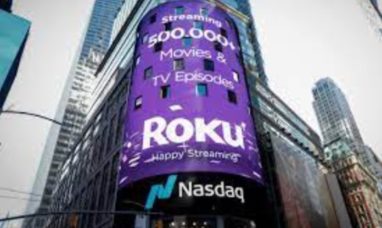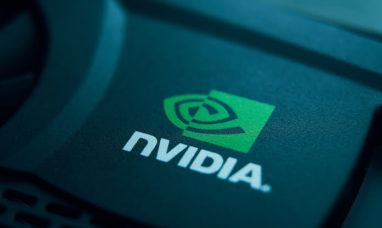Tesla Inc (NASDAQ:TSLA)
Safety matters a great deal in the automotive market. Safety recalls and investigations, paradoxically, don’t matter as much.
Investors might not be able to tell that by looking at stocks. Tesla (NASDAQ:TSLA) shares are falling Wednesday, the same day the National Highway Traffic Safety Administration opened an investigation into steering wheels that could detach.
In early September 2020, the Tesla stock had been on an incredible run, reaching an all-time high of $502.49 per share on September 2nd. However, by the end of the week, the stock had plummeted, dropping nearly 20% to $330 per share. The main reason behind the sudden drop in the stock price was due to the company not being included in the S&P 500 index, despite rumors suggesting otherwise.
Many investors had expected Tesla to be included in the index, which would have led to a surge in demand for the stock, as index funds would have needed to buy shares to match the S&P 500’s composition. However, when the announcement came that Tesla would not be included, it led to a sell-off of the stock, resulting in a sharp decline in its value.
In addition to the disappointment over the S&P 500 index inclusion, there were also concerns over Tesla’s valuation being too high. Some analysts and investors believed that the company’s share price was overinflated and that a correction was due. There were also concerns over Tesla’s ability to maintain its dominant position in the electric car market, with increasing competition from other manufacturers.
Tesla Stock Down
Despite the Tesla stock-down period, the company has continued to perform well in the months since. As of March 2023, the stock has recovered and is currently trading at around $990 per share, more than double its value at the time of the September 2020 drop. While there is always the possibility of future drops in the stock price, many investors remain optimistic about the company’s prospects, with Tesla continuing to innovate in the electric car market and expand into other areas, such as renewable energy and energy storage.
Those things are coincidental, but one isn’t causing the other. The reason Tesla stock is down is likely just Wall Street. Shares are down 2.5% in midday trading, lagging behind S&P 500 (INDEXSP:.INX) and Nasdaq Composite (INDEXNASDAQ:.IXIC), which are up 0.2% and 0.5%, respectively.
As for NHTSA, it opened an investigation into 2023 Model Y vehicles. The agency received a couple of complaints about cars delivered without a retaining bolt that fixes the steering wheel to the column.
Eventually, an investigation can lead to a recall that requires automakers to fix issues that can affect safety. Investors have been paying much closer attention to recalls lately now that EVs are starting to grow quickly around the country.
But recalls typically aren’t investor-level events. The top 12 vehicle makers in the U.S. have recalled about 26 million vehicles over the past 12 months. Tesla has recalled about 3.8 million vehicles. Ford Motor (NYSE:F) has recalled roughly 8.8 million. General Motors (NYSE:GM) recalled almost 3.4 million.
Of course, large, serious recalls can affect stocks. But most of the time the cost of recalls and maintaining vehicle safety are just part of doing business in the car market.
The 2023 Tesla Model Y doesn’t have a safety rating yet. The 2022 Model Y has a 5-star safety rating from NHTSA. A 2022 Chevy Bolt has a 5-star rating, too.
The bigger issue for Tesla stock on Wednesday is the ratings cut. Berenberg analyst Adrian Yanoshik downgraded Tesla shares to Hold from Buy. He actually raised his price target to $210 from $200 a share.
Yanoshik upgraded shares to Buy on Jan. 27, believing that the market was overreacting to Tesla’s price cuts. Tesla reduced prices for its vehicles around the world early in 2023. The cuts initially spooked investors. A Chinese price cut sent Tesla shares down to a 52-week low at $101.81 on Jan. 6.
Yanoshik, however, believed that cutting prices demonstrated cost leadership and that Tesla would take market share as a result of lower prices. He seems to have been correct. Tesla’s share of the Chinese battery-electric vehicle market increased in the first two months of 2023.
Now, with Tesla stock up almost 20% since the upgrade, the risk/reward equation changed for Yanoshik.
About 57% of analysts covering Tesla rate shares Buy. The average Buy-rating ratio for stocks in the S&P 500 is about 58%. A couple of weeks ago, 65% of the analysts covering Tesla stock rated shares Buy. That ratio is close to an all-time high for Tesla stock.
After shares fell 65% in 2022, Wall Street jumped at the opportunity. Then after shares rallied more than 100% off lows, Wall Street took some profits.
Featured Image: Pexels @ SCREEN POST









